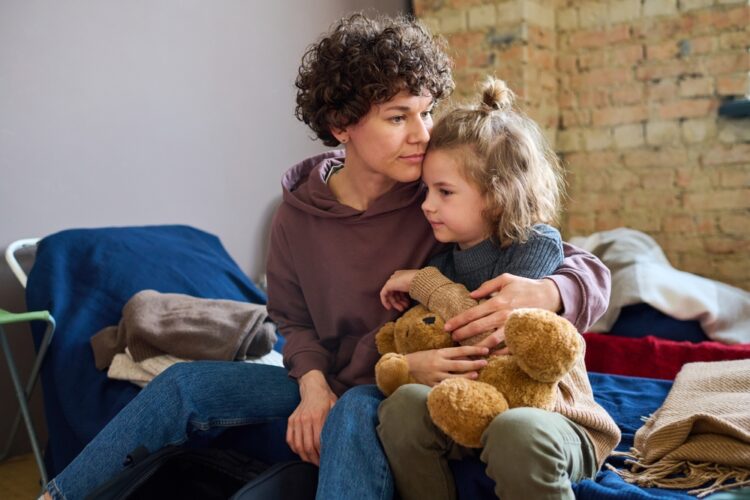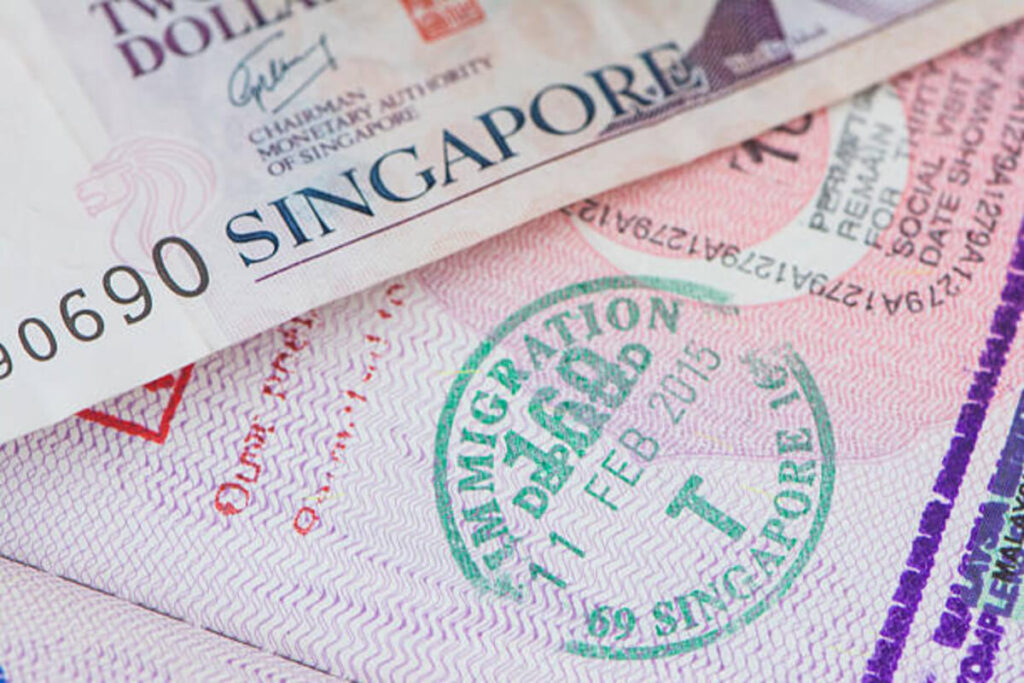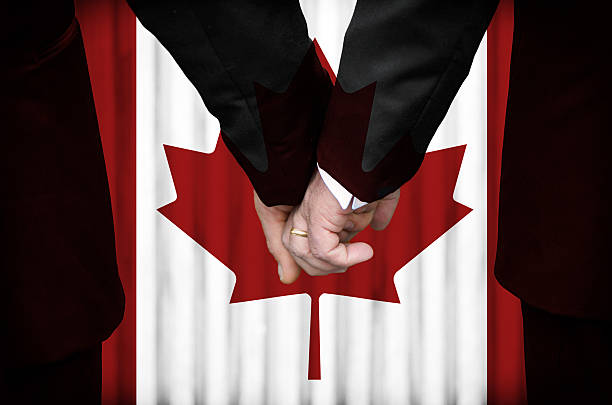Moving to a new country is exciting, but it can also feel overwhelming without a clear path to follow. Everything is new in your surroundings, the language, the systems, and even how you get your daily essentials. That’s why having a step-by-step guide can make all the difference. With the right support and structure, settling into your new life becomes easier, faster, and less stressful.
Advertisement
This guide gives you exactly what you need for your 90-day plan for settling in a new country successfully. It’s built to help you take control from day one, covering housing, banking, daily life, social connections, and long-term goals in simple, doable steps.
Week 1–2: Set Up the Basics
Moving to a new country is a major life change, but with the right plan, you can make the transition smoother. This 90-day guide breaks down everything into simple weekly steps to help you settle quickly and confidently.

From finding a home and setting up daily essentials to building a local network and planning for your future, each phase is designed to help you feel at home. Focus on small, clear tasks each week. You don’t have to figure it all out at once. This plan helps reduce stress and gives you control from day one of your new life.
- Secure housing: Find a place that fits your budget and is close to transport, work, or school.
- Get a local SIM card: Stay connected for maps, banking, job hunting, and communication.
- Open a bank account: Pick a trusted local bank. Set up online banking immediately.
- Apply for necessary ID or registration: Get your resident card, tax ID, or social security number if needed.
- Register with local authorities if required: Some countries ask you to report your address within a few days.
- Start building a local emergency contact list: Doctors, emergency numbers, the embassy/consulate, and trusted neighbours.
Read: How to Transition from a Student Visa to Permanent Residency
Week 3–4: Get Comfortable With Daily Life
The first two weeks are all about getting the essentials in place. Start by finding a safe, affordable home close to public transport or work. Get a local SIM card to stay connected. Open a bank account and apply for any local IDs or documents required for residency or work.
If the country requires address registration, do it quickly. Set up utilities like water, electricity, and Wi-Fi. Learn emergency contact numbers and introduce yourself to neighbours if possible. These small steps help build a strong foundation for everything else that comes next in your new home.
- Understand public transport or get a vehicle: Know your daily commute options. Get transport cards or apps.
- Visit grocery stores, local markets, and pharmacies: Learn where to shop, what things cost, and local food options.
- Set up internet and utilities: Confirm that water, electricity, and Wi-Fi are working and in your name.
- Explore your neighbourhood: Identify key places, such as clinics, schools, shops, gyms, banks, and parks.
Week 5–6: Organise Your Finances & Budget
Once the basics are done, focus on understanding your new routine. Explore your neighbourhood and figure out where to shop for food, medicine, and household supplies. Learn how to use public transportation, or if needed, figure out how to buy or lease a vehicle. Visit local markets to get used to prices and common brands.

Get familiar with pharmacies, clinics, and schools if you have kids. These weeks are also a good time to test your new internet and make sure all utilities are working. The more you learn now, the easier everyday life will become.
- Create a monthly budget: Track rent, food, transport, insurance, and extras.
- Start saving a local emergency fund: Aim for at least 1–2 months’ worth of expenses.
- Get health insurance if not already covered: Understand local options, private or public, and register.
Read: Guide to Canadian Provincial Nominee Programs for Immigrants
Week 7–8: Build Your Social & Support Network
Managing your money well is key to staying secure. Set a monthly budget to track rent, food, transport, and other regular expenses. Start saving for emergencies even a small amount helps. If you don’t already have health insurance, find out what’s available and enrol in a plan.
Learn how local taxes work and if you need to file anything. Make sure your banking app is working so you can manage money easily. This is also the right time to compare banks or explore better savings options. Financial stability helps you stay confident and focused on your new life.
- Join local groups or clubs: Sports, hobbies, and community groups help you meet people.
- Attend local events: Markets, festivals, and meetups are great for settling in.
- Use apps to connect: Platforms like Meetup, Internations, and Facebook groups help find like-minded expats and locals.
- Take a language class if needed: Speaking the local language, even a little, builds confidence and helps daily life.
Week 9–10: Start Building a Routine
Feeling at home means having people you can trust and talk to. Look for ways to meet others join local clubs, attend events, or use apps to connect with locals and expats. Social groups built around sports, hobbies, or shared interests are a great way to make friends.
Don’t stay isolated ask questions, share meals, and get involved in local life. If the country speaks a different language, consider joining a beginner class. You don’t have to be fluent, but a few phrases can go a long way in building trust and making everyday tasks easier.
- Create a daily or weekly schedule: Include work, chores, hobbies, workouts, and rest.
- Find a gym, walking route, or fitness option: Physical activity helps manage stress.
- Make time for rest and hobbies: This prevents burnout and improves mental health.
- Try local food and customs: Getting involved in daily culture helps you settle in faster.
Week 11–12: Focus on Long-Term Goals
Now that you’re more settled, it’s time to create structure. Build a weekly routine that includes work or job hunting, meals, errands, exercise, and rest. Find a gym or walking route and stick to it. Try hobbies that relax you and help you feel productive. Balance activity and downtime.

Creating a predictable routine can improve mental health and help reduce feelings of being overwhelmed. Make your new country feel like home by finding joy in local foods, customs, and simple daily pleasures. The more consistent your routine, the more confident you’ll feel living in a new place.
- Review your visa, work permit, or residency status: Know when to renew or update documents.
- Set short-term goals: Find work, start studies, grow savings, learn more of the language.
- Explore career or study options: Look into job boards, local qualifications, or school requirements.
- Evaluate your progress: Are you settled? What’s missing? What do you want to improve?
Read: Temporary Work Permits: What You Need to Know
Settling in a new country can be challenging, but a clear plan makes it easier. This 90-day guide breaks everything down into weekly steps to help you adjust smoothly. From setting up housing and banking to building a routine and social life, each phase focuses on what matters most.
The plan also covers budgeting, daily tasks, and long-term goals to help you feel at home faster. Whether you’re moving alone or with family, this guide gives you the structure and support needed for a successful start in your new country.


